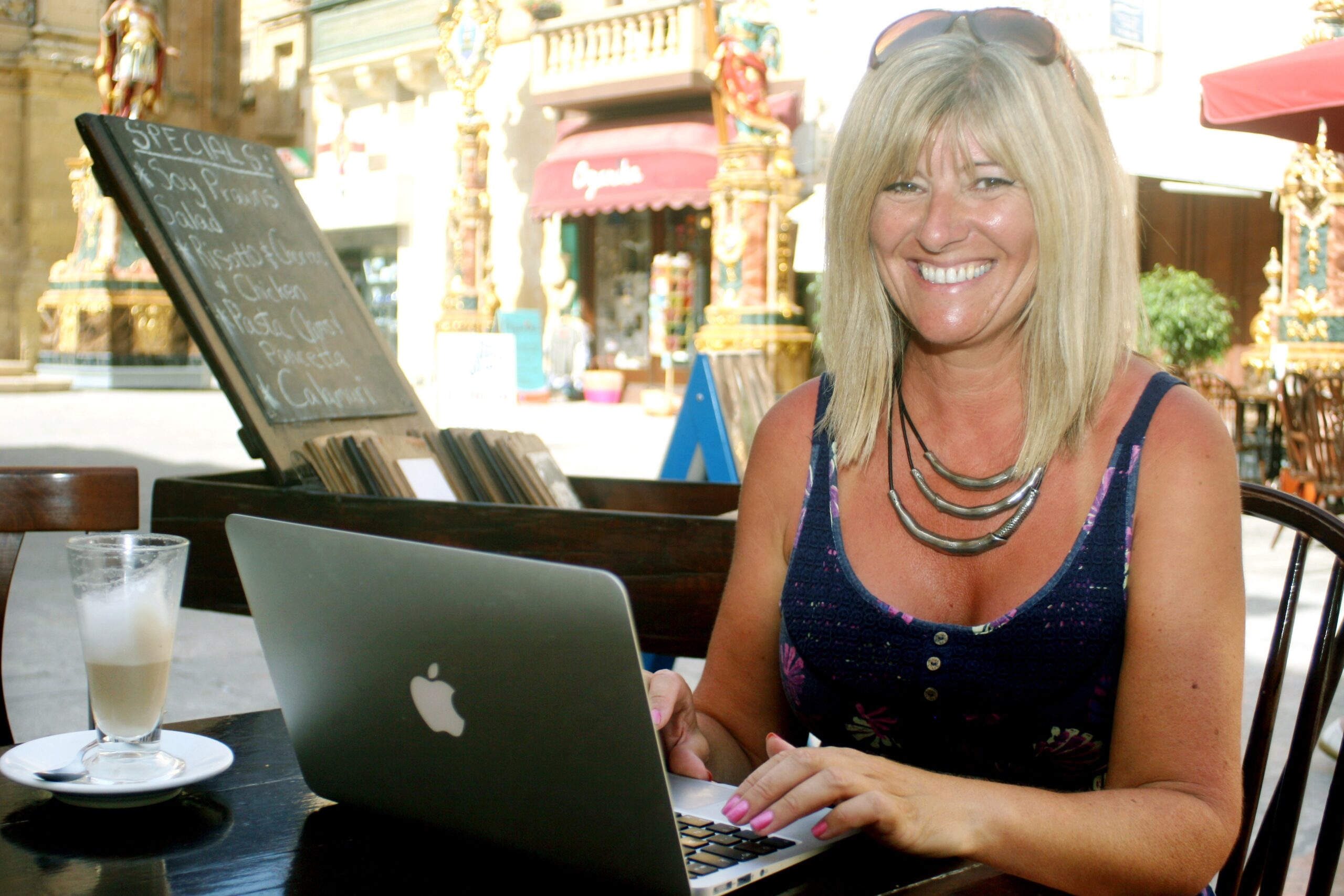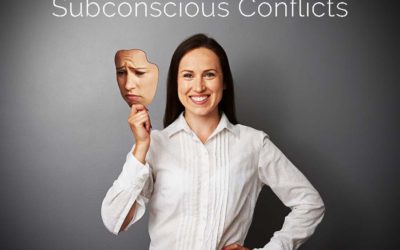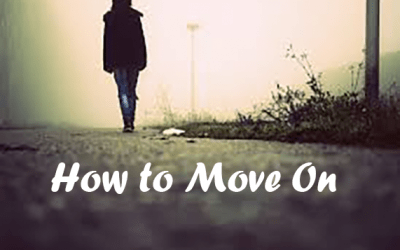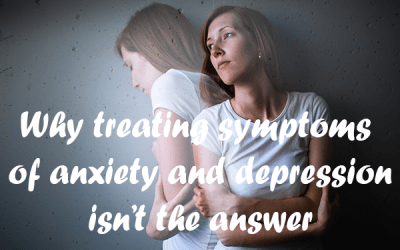
How to help OCD?
Author – Emma Triplett
OCD afflicts many people in many different forms and to a greater or lesser extent, but when starts to take over and affects those around the person afflicted it’s perhaps time to do something about it. Obsessive Compulsive Disorder can be physical habits or obsessive thought patterns, with the latter being more common but probably less observed and just as intrusive in one’s life. You can cure OCD, but not by focusing on the issue, a desensitisation approach is outdated, traumatic, not necessary and doesn’t work for thought OCDs, allowing the symptoms to fade away is a much less painful solution and easier to do than you think.
Some of the most common OCDs include:-
-
Trichotillomania – Obsessive Hair Pulling
-
Mysophobia – technically fear of germs but becomes an OCD in disinfecting and avoiding germs.
-
Misophonia – the fear of noice (or being highly irritated by noise
-
Emetophobia – the fear of vomiting or vomit
-
Eating – Obsessive Control of food intake or purging or specific foods intake
-
Hypochondria – obsessing about being ill
-
Obsessing about death – of themselves or a loved one
-
Obsessing about world peace and world problems
-
Rechecking things are locked and plugs/electrical items are off
-
Obsessive Cleaning
-
Night time/Bed time rituals
-
Following a schedule obsessively
There is an inexhaustible list of things we can obsess about and it is mostly completely irrational, but we have to understand that the solution is not in the problem.
Well meaning nearest and dearest often get caught up in our obsession and collaborate with us unintentionally, this only makes things worse. People who obsess, know they obsess and their obsession becomes the obsession, so it is in their head almost 24/7 or at least when they are not thinking about something else.
There is an unfortunate paradox about OCD:-
Obsessive Compulsive Disorder is an anxiety based in control. Someone who develops an OCD is usually a very organised, decisive person who is not afraid to take control. However, when something in their life is out of control, or they are struggling with something they want to feel more in control of, they can develop an OCD in a completely unrelated area. Unfortunately, those nearest and dearest to someone with OCD often react by drawing attention to the OCD and trying to stop them or tell them to stop they are being irrational. Trying to control it. The person developing OCD needs to be in control, but people around them are trying to take control of the very thing that is coming out as a control issue – thus exacerbating the problem. It’s well intentioned, but doesn’t help.
Take an eating disorder for example:-
There isn’t much in their young lives that children and teenagers are in control of. The teenage chaotic mind often struggles with transitioning from a child to an adult and through that transition, they are trying to take control of themselves, but circumstances around them usually hasn’t caught up and recognised that they need more control over decisions; they are constantly being told what they should do.
The one thing that everyone can always control, however young, is what they put in their mouth – what they eat. So where everything else is out of their control, what they consume they can still take control of and will. This is why we see so many children developing ‘freaky eating’ behaviour or getting overly fussy with food or teenagers developing more serious eating disorders.
The tendency is for those around them to then focus on the food and make it a big issue and the food then becomes the focus of attention and an even bigger issue and the source of much stress and anxiety for the child or teenager developing the obsessive eating habits.
But it’s not about the food, it never is. The solution is not in the problem.
What is the cause of OCD?
OCD is a symptom of anxiety. When anxiety levels rise the flight/fight response part of the brain steps in to try and help, but somewhere along the road it has developed a template that things the way to help the current crisis, emergency or danger is to perform the habit. The part of the brain which does this is concerned with survival, it’s not rational or logical and it’s not an intellect so it can’t work out the real solution to the problem all it can do is follow the example that helped you survive yesterday. If you performed the OCD yesterday and you survived, to this brain it is clearly the correct solution to surviving the current crisis and it will compel you to do it again.
The real solution is that something needs to change and it will be NOTHING to do with the actual subject of obsession itself. To start the process of working out what needs to change you need to engage your intellectual brain, start focusing on solutions not the problem. The easiest way to do this is to focus on the positive things in your life
- Positive Activity – particularly good for OCD. When anxiety levels rise you create stress hormones such as adrenaline and in order to relax (which relaxes the OCD) the adrenaline needs to be burnt off – any physical activity will do this, particularly good is running or something which makes the heart pump harder.
- Positive Interaction – spending time with other people but NOT talking about the OCD. The need to give and receive attention is a basic human need, if this is not addressed the mind can go into flight/fight, creating anxiety and increasing the OCD. You need to be with people in a happy positive way – at least some of the way, if you are on your own too much you need to change that and in a way that allows you to give, feel valued and receive attention..
- Positive Thinking – It’s impossible to not think about the problems, your brain thinks that the problem is some sort of crisis emergency or danger so it will keep bringing your attention back to it – but you do need to stop focusing on the problems. Find something that will distract your thoughts, capture your attention or focus on things you enjoy – solution focused thinking will work out what needs to change.
Your brain will not want you to change habits and do something new, but it needs to learn that it is safe to do things differently and that starts with you focusing on something new fun things and letting go of trying to control the thing that is worrying you.
If you have an inspiring story or something to share that you think will help others wrestling with anxiety or depression, I would love to hear from you. If you have found in particular strategy helpful, chances are that someone else will also benefit, spread the word, share the love and help the fight back against the epidemic of anxiety and depression spreading across the western world.
Wishing you health, wealth, happiness and success


More Articles to help anxiety and depression
Arrange a Free Initial Consultation in Cirencester, Exeter, Plymouth, Swindon or by Skype
Shop Online for Courses, eBooks and Self Hypnosis Tracks to help anxiety and depression
Subconscious conflicts
Does what you think you want to happen never seem to happen and you end up sabotaging your own thoughts and not doing the things you need to do to achieve desired results or changes? It could be that your subconscious mind is not aligned with your conscious mind.
Why you need to focus on what you DO want
Your mind listens to you, when you are thinking you are giving your subconscious mind instructions of what to notice or focus on, in other words, what to ‘filter in’ to your world, so if you focus on what you DONT want, for example, bills, sickness, anxiety you are going to attract more of that into your life. Understand what effect focusing on the wrong things has on your life.
Why do people turn their back on you when you have depression?
Sadly people with depression can become more and more isolated as the depression depends it often seems as if friends and family stop calling, visiting or inviting the person suffering from depression to social events. To the afflicted person it can appear as if everyone is turning their back on them, but why is this?
How did I cope ….? Guest Post
New Year, New Hope A new year is a time of hope, new resolutions and energy to resolve issues and change unwanted or unhappy circumstances, so to kick of the new year, I've decided to start with a collective of posts from our wonderful contacts at Old Town...
How To Move On
Moving on from something or someone can be hard and it seems to make no difference whether the circumstances or person we need to move on from was a good or a bad thing. Letting go and stopping the thoughts and memories from going around in your mind can be tricky, but there are ways you can help yourself and here are a few.
Why treating symptoms of anxiety and depression isn’t the answer
If you want to stop an itch, you do put cream on that itch or do you stop exposing yourself to whatever is causing the itch. In the same vein, treating symptoms of anxiety might give you temporary relief, but it doesn’t cure them if you keep doing the same things that cause anxiety. Find
Disclaimer | Privacy Policy | Terms and Conditions
Copyright © OLD TOWN HYPNOTHERAPY 2016 All Rights Reserved







